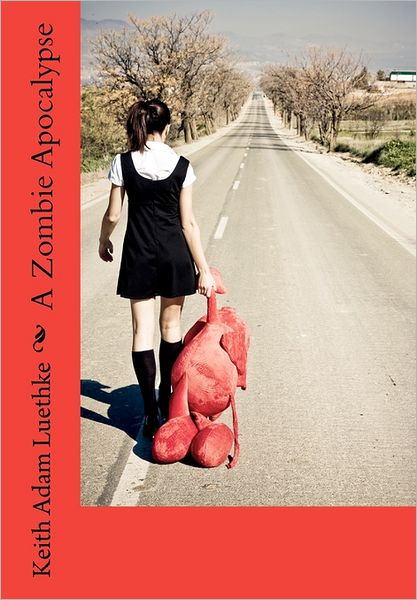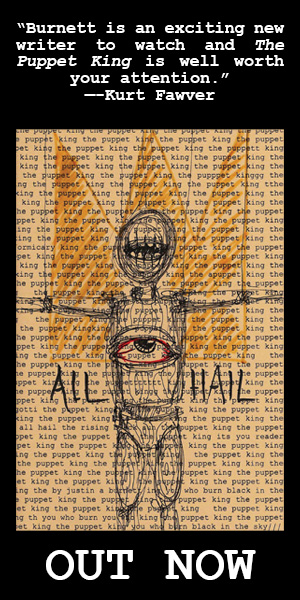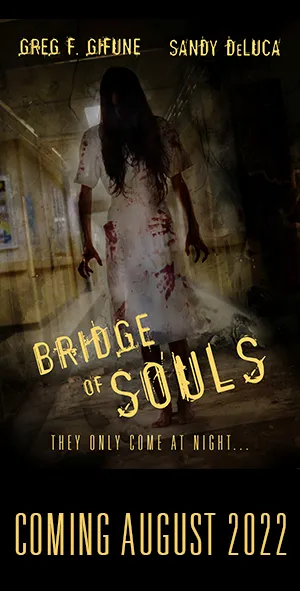Rachel Cormac survives the zombie apocalypse, only to be infected en route to her sister’s house. When a “cure” keeps her intelligent but doesn’t suppress her hunger, she’s faced with difficult choices about her life, her family, and her hunger.
The Good: The premise of Luethke’s book is a nice twist on the tired zombie premise of “the Apocalypse happened and now people are trying to survive”. Rachel becomes one of the walking dead, and has to deal with a hunger for human flesh that she can’t control. As she does so, she keeps a diary, the vehicle through which this promising zombie yarn is told.
As she shambles her way to her sister’s house, there’s a nice hit of doubt as to what exactly is going to happen when she gets there. The premise is excellent and the ending is interesting, but the execution is flawed.
The Bad: The book is overrun by a horde of slavering typos hungry for the brains of English teachers. Starting with “dinning table” in the first paragraph, we get, for example, “shinned” flashlights, “an abandon gas station”, and “I watched her approached”, among many others.
A consistent stream of misused words distracts from the narrative. Orchid instead of orchard, surmounted instead of surmised, pummel instead of plume, memorizing instead of mesmerizing, antagonizing instead of (I think) agonizingly… At times it was difficult to tell what the author meant, and I was reminded throughout of Idiocracy, when Frito says to Joe, “Look, I supersize with you…”
I thought perhaps the typos and word misuse was intentional, because this was a diary, and maybe Rachel isn’t that good at English. A quick skim of another of Luethke’s books leads me to conclude that this is not the case, as similar errors occur therein.
The Ugly: The first-person narration is bland and matter-of-fact, a ho-hum “I did this, then I did that” that is, unfortunately, devoid of tension, dialogue, or action. Luethke’s choice of a diary as the narrative vehicle compounds this problem because we know Rachel’s going to ‘survive’ through to the end of the book, so any personal danger Rachel may have encountered along the way falls flat. The diary-as-vehicle might have worked if we’d had other characters to care about, but until the last few pages there aren’t any other people who survive more than a paragraph or two.
Oh, and of course there’s rape, because apparently that’s a thing. Luethke and other zombie fiction writers need a rectal craniumectomy when it comes to rape for rape’s sake — it doesn’t make their book edgy, it doesn’t add shock value, and it doesn’t do anything whatsoever for their narrative… But it does make them look like misogynistic tools. Fortunately the lackluster, perfunctory description that pervades the narrative works in the reader’s favor in this regard, and it’s over as soon as it’s begun… Both times.
The verdict: If you must know the ending, understand that Rachel is the victim of a failed ‘cure’, then read the last ten pages. It won’t be thrilling, but it won’t be any less thrilling than reading the whole novella, and you’ll be an hour richer for it.
Available on Amazon.






